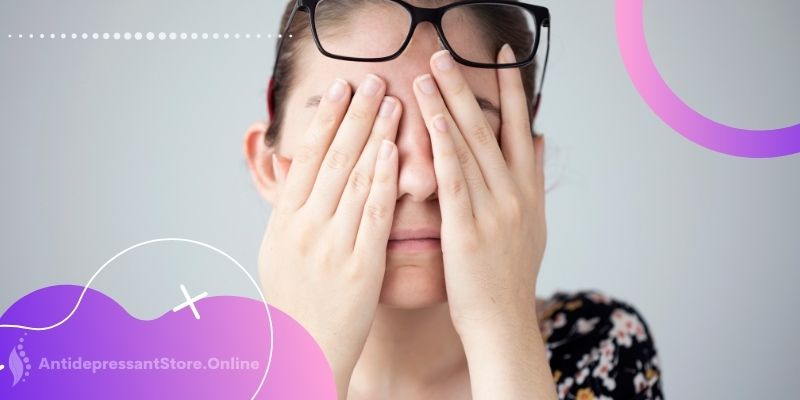The spread of COVID-19 infection is directly linked, according to recent observations, to a spike in episodes of mental health ailments, depression and anxiety in particular. The year 2020 had become the most stressful for people everywhere around the Globe.
Such lengthy and intense emotional hurdles would not progress without a heavy toll on emotional well-being. Instances of depression rose sharply worldwide.
Also, as it was noted by many health care professionals in the field, people who have had COVID-19 are more likely to develop psycho emotional disorders.
Depression symptoms were observed in 40% of patients who had recovered from COVID-19, with recurring episodes approximately after 1, 3 and 6 months following recovery. Treatment, under the circumstances, becomes a challenge, considering complications resulting from severe mental discomfort, anxiety as well as consequent sleep disorders.
Some doctors are convinced that such instances might result from the patient’s natural predisposition to mental health ailments, while others believe it is mostly caused by an immense strain on the nervous system. There is also a strong indication, that depression is brought about by insomnia, which is observed in half of COVID-19 patients.
Without proper rest and under the constant mental stress, the nervous system becomes susceptible to an array of mental health complications, such as anxiety and panic attacks. It has also become known that Coronavirus is directly affecting the nervous system as it is destabilizing neurotransmitters, causing chemical disbalance.
Hence, the majority of patients that endured a severe form of coronavirus infection are likely to be prescribed antidepressants as a supplement to the post recovery therapy.
Presently, most patients undergoing coronavirus treatment in hospitals are receiving antidepressant or mild sedatives for a better control of their condition and a faster recovery. Such measures are undoubtedly essential, considering the severity and dangers of COVID-19 infection.
Depression treatment following COVID-19 recovery follows the same procedures as with most cases. Patients receive prescriptions for antidepressant medications. Generally, a depression of this type does not last long and usually acquires milder anxiety symptoms over time. Therefore, it is best to select medication that primarily focuses on anxiety disorders, such as: Fluoxetine, Escitalopram, Citalopram, Sertraline.
Depression symptoms following a coronavirus infection recovery are best treated with serotonergic antidepressants. The chemical balance of neurotransmitters is improved by increase of serotonin, which strengthens the psycho-emotional state of the patient. For the most part, it was observed that for the fastest recovery of a patient, it was essential to relieve symptoms of anxiety and panic attacks.
Such prescriptions are administered based on the patient’s condition, accompanying ailments, age group and other physiological characteristics.
Generally, only 10% of patients that have recovered from COVID-19 undergo depression treatment for longer than 6 months. For the most part, treatments lasts for about 3-6 months.
It is also important to consider a possibility of hidden mental strain pathologies that may have been developing unnoticed over a long period of time and are less visible while a patient is undergoing a general therapy course.
Ideally, a prescription treatment for patients recovering from COVID-19, must also include elements that have additional pharmaceutical purposes besides the commonly selected balance of advantages and possible side effects.
All these practices contribute to improved dynamics of a post-COVID-19 therapy, and uplift the patient’s psycho-emotional condition.
Clinical trials have shown, that patients undergoing appropriate mental-health therapy following recovery are not likely to exhibit suicidal tendencies and their quality of life is largely improved.
Hence, it is vitally important for health care practitioners as well as for the patients themselves to pay close attention to signs of anxiety after recovery. With the first signs of developing depression or unprovoked anxiety, a doctor’s consultation is strictly required.
Serious complications are easily avoided with an early diagnosis and timely prevention with the use of antidepressants.

